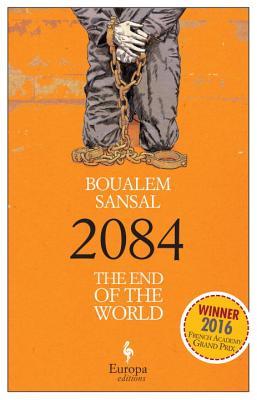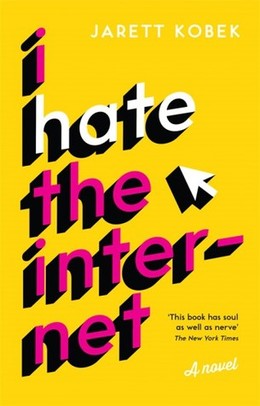Not a prediction of the Western world following the UK’s referendum to remove ourselves from the European family or the USA’s election of a billionaire reality TV star with no political experience to the highest post in the land, but an imagining of the aftermath of the triumph of Taliban-style theocracy over modern democracies.
We first meet Ati, our guide through this dystopia, in a mountain sanatorium for those afflicted by TB. His exile and enforced idleness gives him ample time to think, a highly subversive undertaking in a society in which the Great Ordainer decrees “forbid yourself only from doubting … and do not forget that your life and your property belong to me” (p43). When he’s finally released, the transport system is so rudimentary it takes a whole year for him to get home, much of the journey done on foot. On the way he meets Nas, an investigator from the Ministry of Archives, Sacred Books, and Holy Memories, who has discovered a new archaeological site dating from before the Great Holy War. This too is heresy, since the society demands outright denial of any history pre-2084 or the world beyond the border, or even the existence of any border at all.
With an interest in mind control, especially on the back of religion, I was intrigued by the premise of this novel, described as a “tribute to George Orwell’s 1984, a work of refined political satire”, but it wasn’t for me. The lack of characterisation might have been intentional – after all, anyone would be drained of personality in such a repressive regime – but, coupled with page upon page of world building and dialogue serving mainly as an information dump, and uninspiring prose, it made for a dull read. I did perk up at the first sign of jeopardy about a third of the way through when Ari’s friend, Koa, is nominated for the position of Destroyer in the trial of a fifteen-year-old mother of five accused of blasphemy. But even when he sends the novel’s heroes on the run, the author seems more interested in illustrating the bleakness of the society relative to that of modern democracies than telling a story. With a wealth of thought-provoking futuristic novels available, alongside chilling news reporting on fundamentalism in North Africa, Asia and the Middle East, the only thing that surprised me about 2084 was that it was awarded the 2016 French Academy Grand Prix.
Translated into English by Alison Anderson, I received my copy courtesy of the UK publisher, Europa Editions.
Slightly famous from some comic books she produced in the 1990s, forty-five-year-old Adeline gets invited by a friend to give a lecture to some media students in San Francisco in 2013. A confident and wildly unfocused speaker, she is also an innocent regarding the Internet, so unprepared for the vicious backlash when one of the students films her presentation and posted it on YouTube, exposing her unfashionable opinions to the world. While primarily a novel of ideas, lots of other things happen too, events that are completely absorbing when the book was opened on my lap, but fade away when I try to relate them. A bit like the Internet, really, which is partly the point.
Despite its absence of literary pretension, outing itself from near the beginning as a bad novel, it’s an absorbing read. Written in the style of an online article, with italicised words standing in for hyperlinks, which are then explained, as if to an alien, in amusing ways. For example (p36):
Wars were giant parties for the ruling elites, who sometimes thought it might be great fun to make the poor kill each other.
Other words, in the UK edition (I received mine courtesy of Serpent’s Tail) are blocked out on account of English defamation law which, a note explains, initially instituted
to keep people from killing each other over insults about small penises and big noses, it’s evolved into the primary method by which the ultra-rich prevent disparaging information about themselves from appearing in the press
and protected the likes of Jimmy Savile.
More a vituperation against social media as a platform for bigots and as a tool of unfettered capitalism in the name of freedom of expression than a complaint about the Internet as a whole (yet, perhaps as I was, burying his head in the sand regarding Amazon), I doubt even Jarett Kobek could have foreseen the new US president’s use of Twitter. His sharp wit maligns more than the virtual world, however, encompassing many of the contradictions of the modern world, mocking racism, homophobia and hatred of women; celebrity, branding, liberalism, populism and America’s wars. Although I didn’t laugh out loud, many pages produced a smile, along with, in the light of Charlie’s recent post on keeping safe online, a not-so-delicious frisson of fear. If you like the humour and politics of the passages I’ve quoted, it’s worth a read. But, be warned, it’s an extremely savage indictment of Western society, which doesn’t leave even the reader with a highly-developed social conscience a space to hide.























 RSS Feed
RSS Feed





















